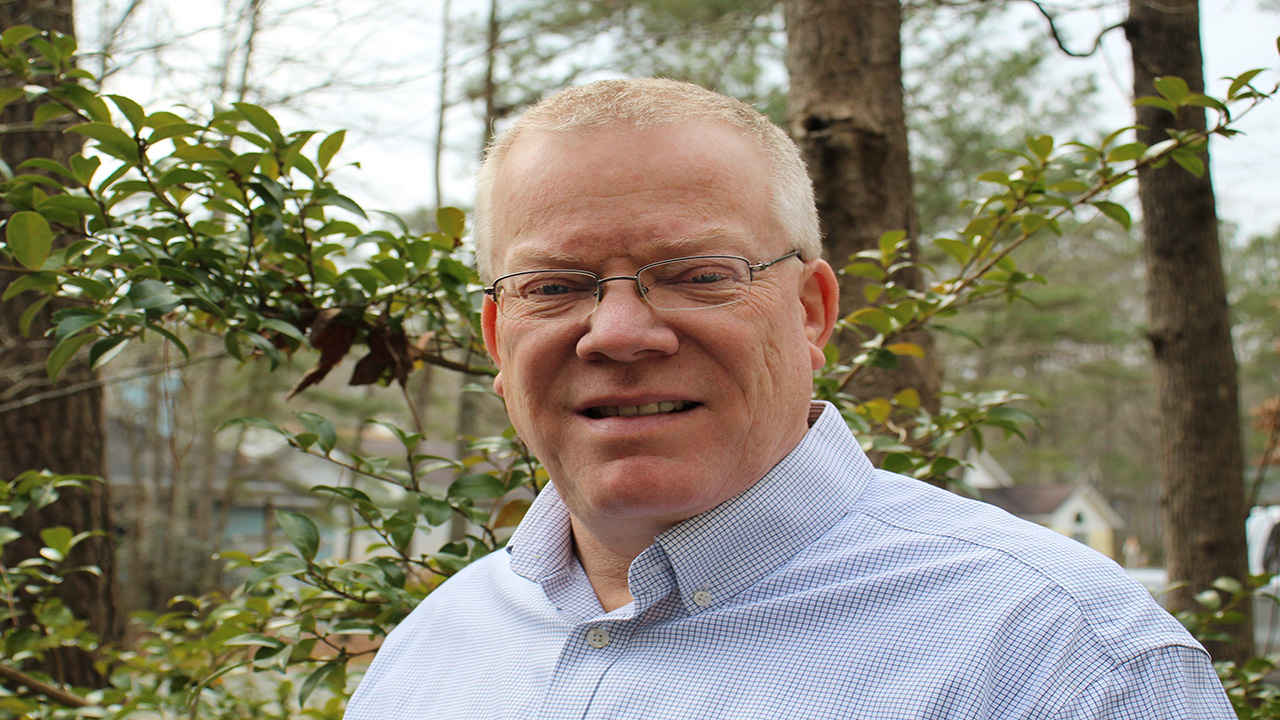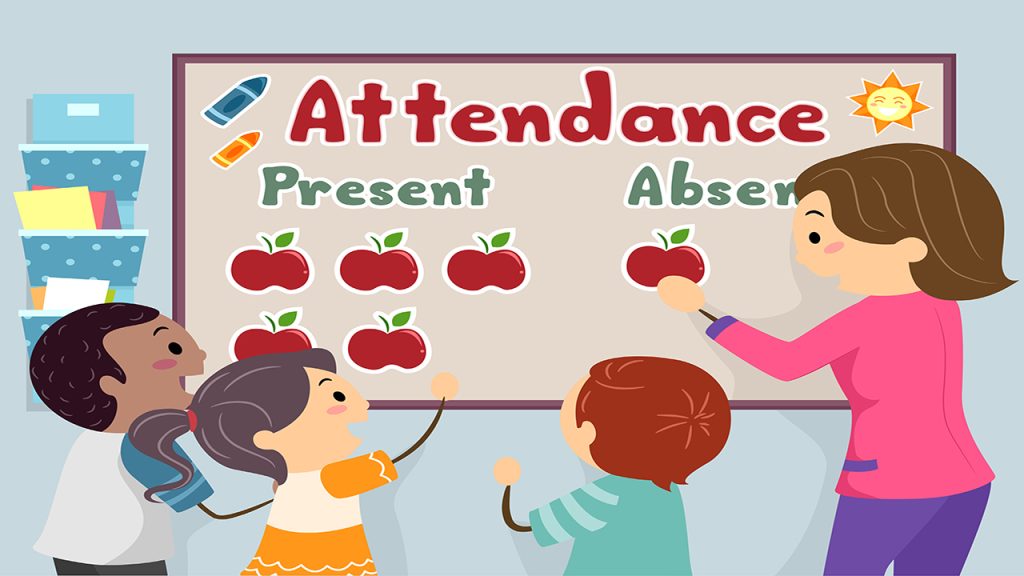
Schools Can Help Make Sure Students in Poverty Now Don’t Grow Up That Way
More than 1 in 3 children who grew up in low-income families in the 1980s didn’t make it out of poverty by their 30s. If children in poverty today follow the same trajectory, more than 24 million could also fail to make it out by the time they reach adulthood, continuing a cycle of intergenerational poverty in the United States.
So finds a new report from the the National Academies of Sciences, Engineering, and Medicine. Those who spend years of their childhoods in poverty face cascading challenges that make it steadily more difficult to gain a strong economic footing as adults, it concludes.
And Black and Native American students can experience double the intergenerational poverty as their white peers, due in part to structural racism and lower levels of educational attainment.
The report comes in the wake of new U.S. Census data that show the child poverty rate doubled and median family income declined in 2022, when a variety of government benefits instituted during the pandemic—including expansions of the Earned Income Tax Credit—expired.
The Census Bureau has two measures of poverty. The first, official poverty rate, measures a family’s cash reserves, while the supplemental poverty measure adds cash and noncash benefits and subtracts certain and medical and other expenses like taxes to give a clearer picture of day-to-day income. As pandemic-era aid to families expired in 2022, the overall supplemental poverty measure jumped to 12.4 percent from 7.8 percent the prior year. The share of children in poverty spiked the most in a single year on record, from 5.2 percent in 2021 to 12.4 percent in 2022.
Nearly 72 million children under age 18 now live at or below the federal poverty line, which in 2023 is $30,000 for a family of four.
The National Academies report suggested that more holistic policy supports across health, education, housing, and even justice systems are needed to buffer children from the long-term effects of poverty.
“Intergenerational poverty is a thorny, multidimensional problem,” said Greg Duncan, a distinguished professor of education at the University of California, Irvine, and the chairman of the committee that wrote the report, in a briefing. But he added he was encouraged that the “breadth of the problem of intergenerational poverty is matched by the breadth of potential solutions.”
Among these solutions, the National Academies recommended several evidence-based ways schools can help:
- Expand early learning. Compared to middle-class children, those in low-income families enter elementary school with more limited early literacy and numeracy, and schools can partner with pediatricians and child welfare agencies to help children in poverty begin education even in infancy.
- Bridge to higher education. While college enrollment has declined since the pandemic, someone with a bachelor’s degree still makes nearly $20,000 more per year than a high school graduate, and someone with an associate degree makes $5,000 more annually. Eleven states are exploring ways K-12 and higher education can partner to support low-income students to continue in college, such as by continuing food or language development supports.
- Support student health. Low-income families tend to have less access to health insurance and are more likely to be exposed to lead and pollution than middle-class children. In part because of this, they have higher rates of asthma and other chronic illnesses. Studies find schools that provide access to health services on campus both have healthier students and lower absenteeism rates, which can lead to higher academic achievement long term.
Dig Deeper With Our Longreads
Newsletter Sign up to get our best longform features, investigations, and thought-provoking essays, in your inbox every Sunday.
The MEN was founded by John Huber in the fall of 2020. It was founded to provide a platform for expert opinion and commentary on current issues that directly or indirectly affect education. All opinions are valued and accepted providing they are expressed in a professional manner. The Maryland Education Network consists of Blogs, Videos, and other interaction among the K-12 community.







